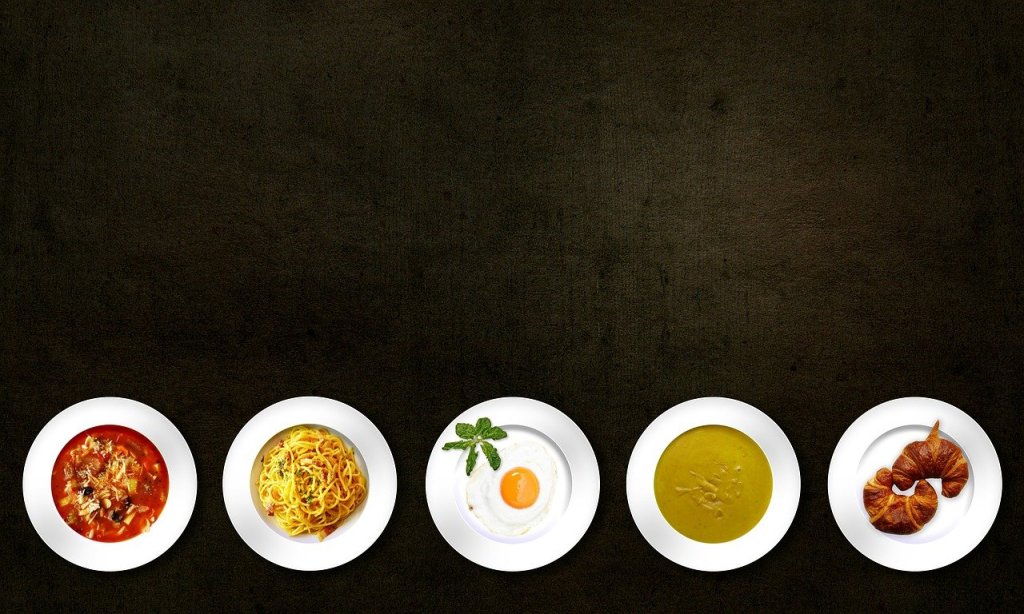
I’ll never forget my seventh-grade science teacher warning us about the state of our environment. He said he deliberately takes two-minute (or less) showers to conserve water, and he discussed how important it was to recycle and generally use less resources. I was struck by his personal commitment to such an abstract cause. Since then, I’ve tried to learn as much as possible (for someone who is far from a scientist) about our environment.
In 2017, Danielle and I were struggling to find something appealing on Netflix, so I suggested we watch a documentary. We stumbled upon “Forks Over Knives” and our lives were changed forever. I’ll write another post about the significance of this movie to us, but the key takeaway is this: not only do we not need to eat animal products (milk, eggs, meat) to survive, we probably shouldn’t be eating them at all, at least for health-related reasons.
Outside of the health and ethical reasons to abstain from eating animal products, we quickly learned of many other reasons to stick with this choice. For me, the environmental impact of animal agriculture is at the top of that list. Per ClimateNexus (and many other sources I’ve seen), “Animal agriculture is the second largest contributor to human-made greenhouse gas emissions after fossil fuels and is a leading cause of deforestation, water and air pollution and biodiversity loss.” Another article points out, “33 percent of agricultural land worldwide is used solely for livestock feed production. And when you combine that with the amount of land used for grazing and housing animals, you’ll realize that we have a huge problem.”
When you take a step back and think about this, it makes perfect sense. We’re growing plants to transport all over the world to then feed gas-emitting animals; we then kill those animals to transport all over the world to feed us. And, in order to farm these animals, we’re destroying countless acres of farmable land. Humans could eat the plants feeding these animals and skip all these environmentally destructive and inhumane steps.
That’s the highest-level overview I feel qualified to give, but there’s lots more to the story. For example, the great documentary “The Need to Grow” discusses how our agricultural system, use of pesticides, etc. are destroying our soil, limiting the amount of “arable soil” left on this planet. Spoiler alert: scientists estimate we only have 60 years of arable soil left.
I wanted to write about all of this mostly to set the stage for a recent stunning study, which is summarized below. We need major changes and we need them fast.
To have any hope of meeting the central goal of the Paris Agreement, which is to limit global warming to 2°C or less, our carbon emissions must be reduced considerably, including those coming from agriculture. Clark et al. show that even if fossil fuel emissions were eliminated immediately, emissions from the global food system alone would make it impossible to limit warming to 1.5°C and difficult even to realize the 2°C target. Thus, major changes in how food is produced are needed if we want to meet the goals of the Paris Agreement.
Brandon Adoni’s recommendations:
Thank you for reading and I hope you will keep this in mind. Please reach out with any questions. Happy holidays from our family to yours.